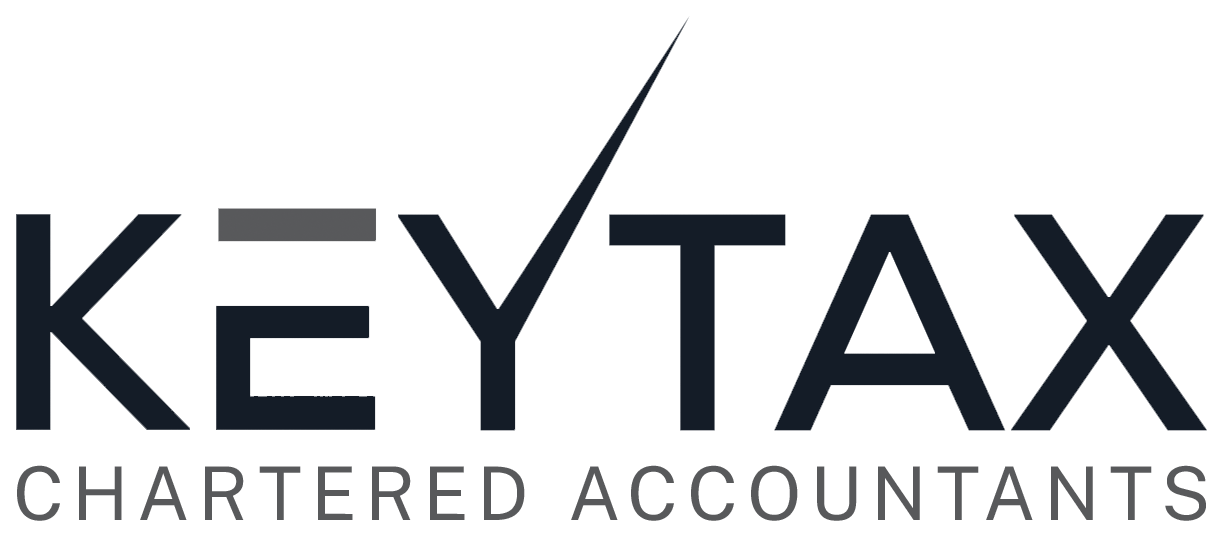The UAE’s Ministry of Finance has taken another step in refining its corporate tax framework with the issuance of Cabinet Decision No. 109 of 2023, which came into effect on 24 May 2025. This decision specifically addresses the corporate tax treatment of unincorporated partnerships, offering greater clarity and flexibility to such business arrangements.
These changes come as part of the broader implementation of the UAE Corporate Tax Law, which aims to ensure equitable taxation while providing businesses with practical options for structuring their affairs.
What Is an Unincorporated Partnership?
An unincorporated partnership refers to a business arrangement between two or more individuals or entities who share profits and responsibilities, without forming a separate legal entity. These partnerships are common in professional services, family businesses, and joint ventures where simplicity and mutual trust underpin operations.
Examples include:
- Professional services firms (e.g., law firms, consultancies)
- Family-run trading partnerships
- Certain joint ventures between individuals or companies
What Has Changed?
Under the new rules, unincorporated partnerships can now elect to be treated as a “taxable person” under the UAE Corporate Tax regime. This is a marked shift from previous ambiguity, where tax liability might fall directly on each partner in proportion to their share of the profits.
The election is subject to prior approval by the Federal Tax Authority (FTA) and must be made in accordance with the specified procedures and timelines.
Benefits of Electing to Be a Taxable Person
- Simplified Compliance
Treating the partnership as a single taxable entity may reduce administrative burdens associated with filing and reporting obligations for individual partners. - Clarity on Tax Obligations
This approach provides a clear structure for assessing corporate tax on partnership income, avoiding complications from individual tax liabilities and residency issues. - Enhanced Business Perception
Operating under a unified tax registration may improve credibility with banks, investors, and suppliers.
Key Considerations Before Electing
- Profit Allocation: Determine whether profits will continue to be distributed based on existing arrangements or revised to reflect new tax implications.
- Regulatory Review: Seek professional advice on whether electing to be treated as a taxable person is beneficial in your specific circumstances, especially where cross-border partners or mixed-entity structures are involved.
- Compliance Costs: Evaluate any additional compliance requirements or accounting costs that may arise from this new status.
- Timelines and Documentation: Prepare all relevant partnership agreements, financial statements, and partner consents for submission to the FTA.
Application Process Overview
- Log in to the FTA Portal
- Navigate to the Corporate Tax section
- Select the option for Unincorporated Partnerships
- Complete the election form and attach the required documents
- Await FTA’s review and formal approval
Conclusion
The Cabinet’s latest decision offers unincorporated partnerships much-needed flexibility and clarity in how they are taxed in the UAE. By providing the option to elect corporate tax status, the regulation empowers businesses to choose the model that best aligns with their operational structure and strategic goals.
For partnerships considering this route, now is the time to review existing agreements, consult with tax professionals, and prepare for a smooth transition into the new compliance landscape.
You can refer to the original coverage of this announcement via Middle East Briefing:


